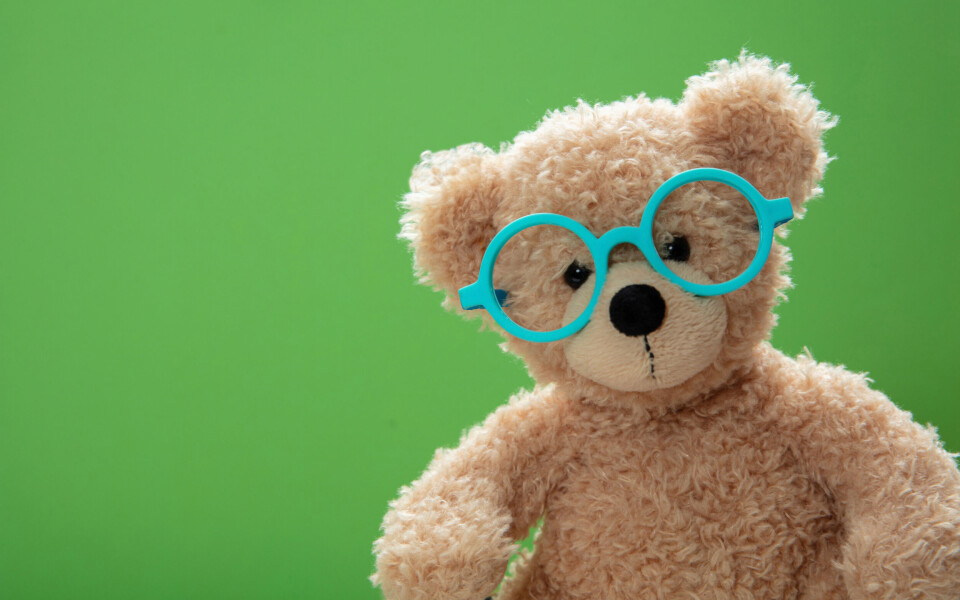-
France santé promises better GP access
The initiative aims to improve GP access and reduce wait times in medical deserts across the country.
-
New step-parent law in France? Notaires push for legal and tax recognition
Proposal to recognise legal status with fairer taxation and new rights and duties within families
-
New parents in France to get two extra months leave
A new law is designed to give more flexibility to parents
France: Using teddy bears to ease children's hospital fears
The Teddy Bear Hospital project was launched in 2000 in Germany, and has spread to several countries including France

Every year, thousands of cuddly toys are taken to see a doctor, as part of a programme designed to make children more comfortable around healthcare workers. Around 10,000 children in France visit a ‘Teddy bear Hospital’ each year.
In France, the initiative has been run by volunteers from local students’ associations since 2004, under the name Hôpital des Nounours.
Roleplaying health issues
Children aged five to seven bring their teddy bear to the fictitious hospital where medical students work alongside other specialities, such as pharmacy and dentistry. The visits are organised through schools.
“They start with the secretary, who will weigh the teddy and see what brings them there,” said Chloé Hardt, who coordinates the project nationwide for the ANEMF medical students’ union.
Children are invited to invent a health problem for their personal teddy bears.
“Then they see the nounoursologue, who is like the GP. Depending on the diagnosis, they could be sent for extra exams. If their leg is hurting, we will check whether it is broken, and take them to see the radiologist, then the surgeon, and finally the physical therapist for rehabilitation.”
Changing perceptions
The goal is to reduce the effects of ‘white coat syndrome’ – the anxiety children and even many adults feel when in a medical environment.
“By familiarising children with the different roles and treatments, it is hoped they will be less stressed when it is their turn to visit the doctor.
“It gives a more positive representation of the hospital,” said Ms Hardt. “They can be intimidated when they arrive and we are able to put them at ease. We have students who did it when they were children, and it’s something that stays with them.”
It allows medical schools to play their part in promoting a healthy lifestyle, such as exercising and brushing your teeth three times a day. For the students, it is also a valuable experience. It is an opportunity to learn how to interact with children, often for the first time in their training, and a rare chance to work alongside students from other courses and departments.
“Those interprofessional relations will be important later on. We are rarely required to work together during our studies, so it is a first contact with all of the specialties.”
All of France’s 36 medical schools participate in the programme, with the hospitals set up either inside real hospitals, or in rented rooms such as local sports halls.
Related articles
Hospital ratings: website lets patients compare French health centres
Explainer: French healthcare terms that are useful to know
Why new legislation is making it harder to homeschool in France
























